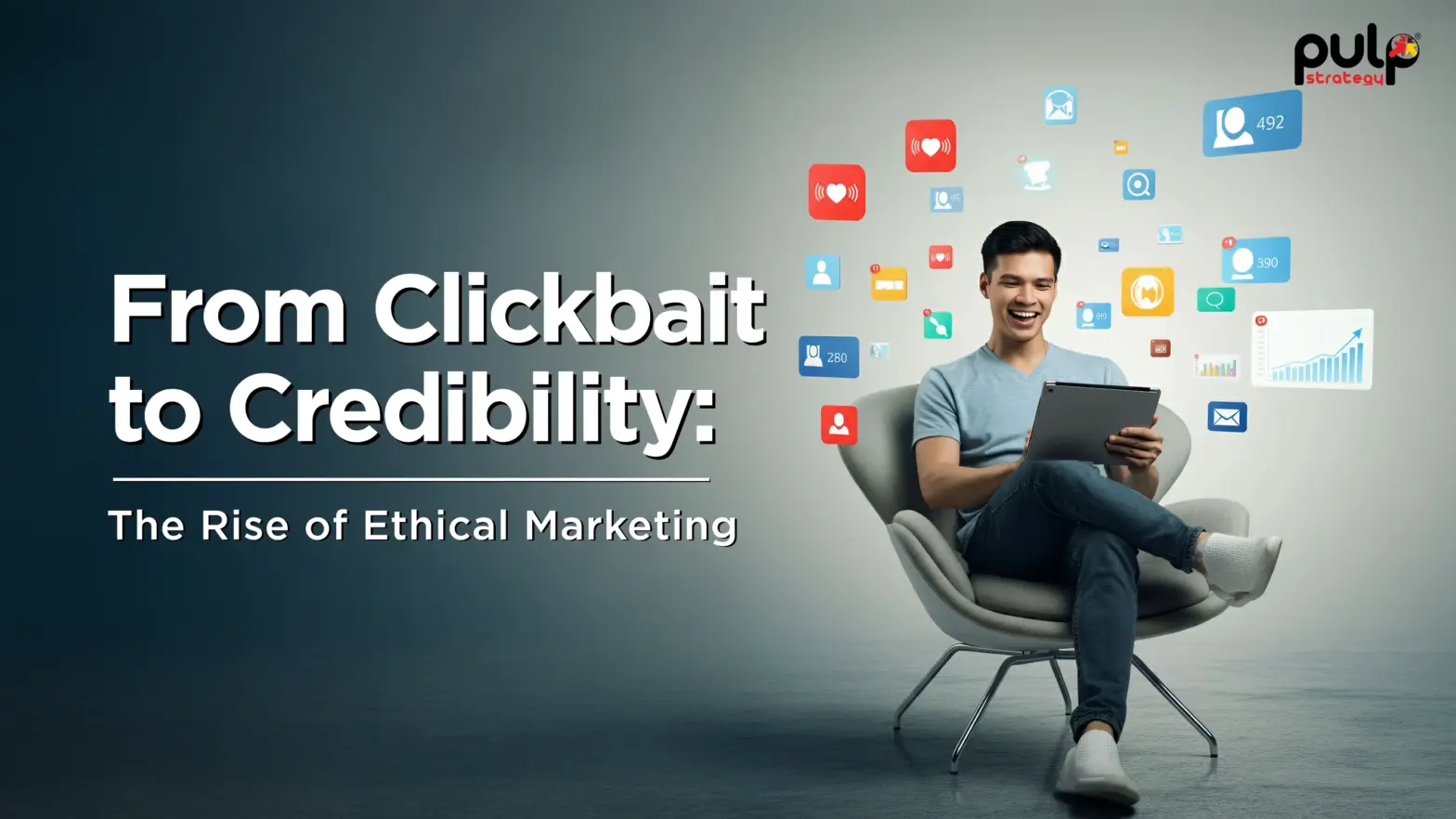Introduction
Social media is the most volatile and vibrant of all customer engagement platforms available in current times. You never know, when things go out of hand on social media. Sometimes, it’s an Instagram or Facebook post that goes inexplicably viral and sometimes, it’s a PR crisis that comes out of the blue.
The best way to deal with a social media crisis is to prepare ahead of time. It is critical to have a solid plan, clear accountabilities and a clean chain of command. When people share negative opinions on social media, corporations are most likely to feel a quick backlash. That’s why adopting an effective social media crisis management strategy is essential for all companies.
Brand and their Ambassador's role during a social media crisis
Many brands have adopted Ambassador programs to manage their reputation on social media. Brand Ambassadors play various roles to enhance the brand's reputation such as trying out newly launched products and providing feedback, showcasing the products being used, living the brand lifestyle and defending a brand when negative talk happens.
But, ambassadors can also sometimes be the reason for the negative energy around the brand. Fortune Oil and its brand ambassador Sourav Ganguly were the latest ones that fell prey to a social media crisis when the latter suffered a minor cardiac arrest. The trolls primarily targeted the brand for the ambassador suffered a heart attack after advertising the product health.
As a result of the online criticism and trolling, Fortune Rice Bran cooking oil pulled out ads featuring Sourav Ganguly. In such unfortunate brand ambassador crises, it is hard to blame anyone. There are innumerable opinions on what the next steps should be, however, it is essential that the forward approach is not just tactical but is ingrained into the brand’s communication moving forward.
Strict Internal Guidelines
Brands are even putting in place stringent guidelines to avoid social media counterattack. Companies generally abstain from talking about sensitive topics such as religion, caste and political opinions for they can sometimes be misconstrued. One recent example of such social media backlash is the ad by the Tata jewellery brand Tanishq which showcases a baby shower celebration from an inter-religious marriage.
Let’s look at tips for social media crisis management for brands:
1. Create a robust social media policy
You need to create a solid social media policy for your company, including clear guidelines for appropriate use, expectations from brand accounts and explain how employees are to talk about the business on their personal mediums.
2. Secure your accounts
Do not share your password with the various members of your team. The more people who know your password, the more chances there are of a security breach. Centralize the access to your social media accounts so that you can revoke the access for employees who have left the company or move to a different role where they are no longer required to post on social.
3. Social listening to identify potential issues
Effective social listening can help you spot an emerging social issue on social media well before it turns into a crisis. Monitor social sentiments and brand mentions to keep an eye out for potential social media brand crisis.
4. Define what counts as a crisis
There will always be some people who will say rude things about your brand on social media. This is a fact, not a crisis.
But if enough people are saying the same negative things on social media, at the same time, you need to tighten your grip since it can be a crisis or a potential crisis about to explode.
5. Devise a crisis communication plan
A formal company-wide communication plan enables you to respond speedily to any potential issue. In such situations, acting fast is very important. If you keep on waiting for senior management to weigh in or arguing on how to handle things, the situation may slip out of hand.
6. Engage – but don’t argue
After you have posted an initial response in the form of a press release, an official statement or a letter or video from the CEO, it’s time to start working on more in-depth messaging. On social media, you would have to engage with people who’re saying negative things about you.
Last year, Kent RO promoted its automatic atta maker by portraying a maid as a potential Covid-19 infection source. People were outraged and called the ad ‘classist’. The Chairman issued an apology a few days later and took down the ad.
Conclusion
Learn from the experience and get the entire company together to share knowledge and experiences from different teams. Take the time to examine your digital marketing and social media plans. Think about anything you could have done differently or anything you could add to prevent similar crises from happening in the future.
Click here to get in touch with our experts today.









